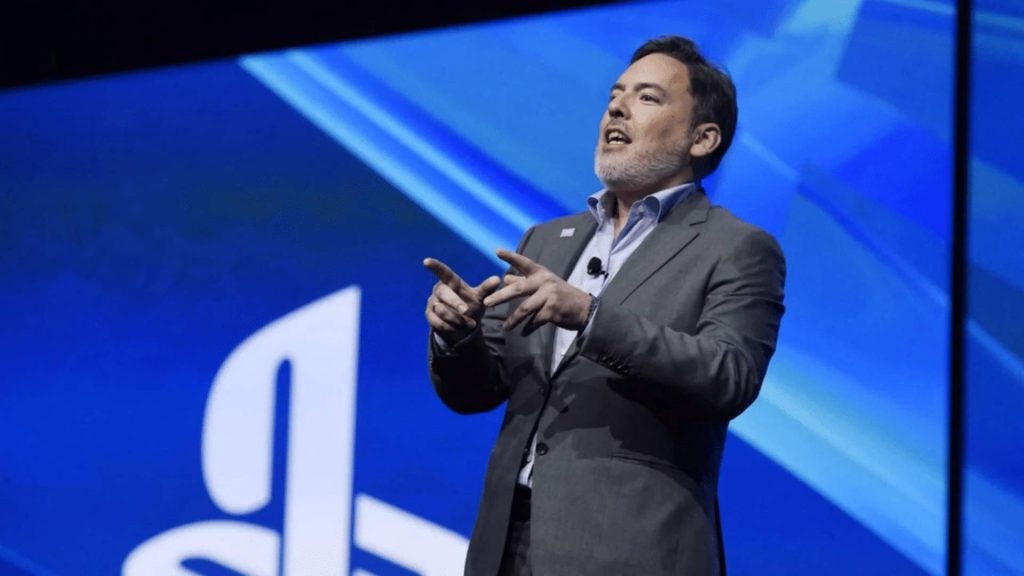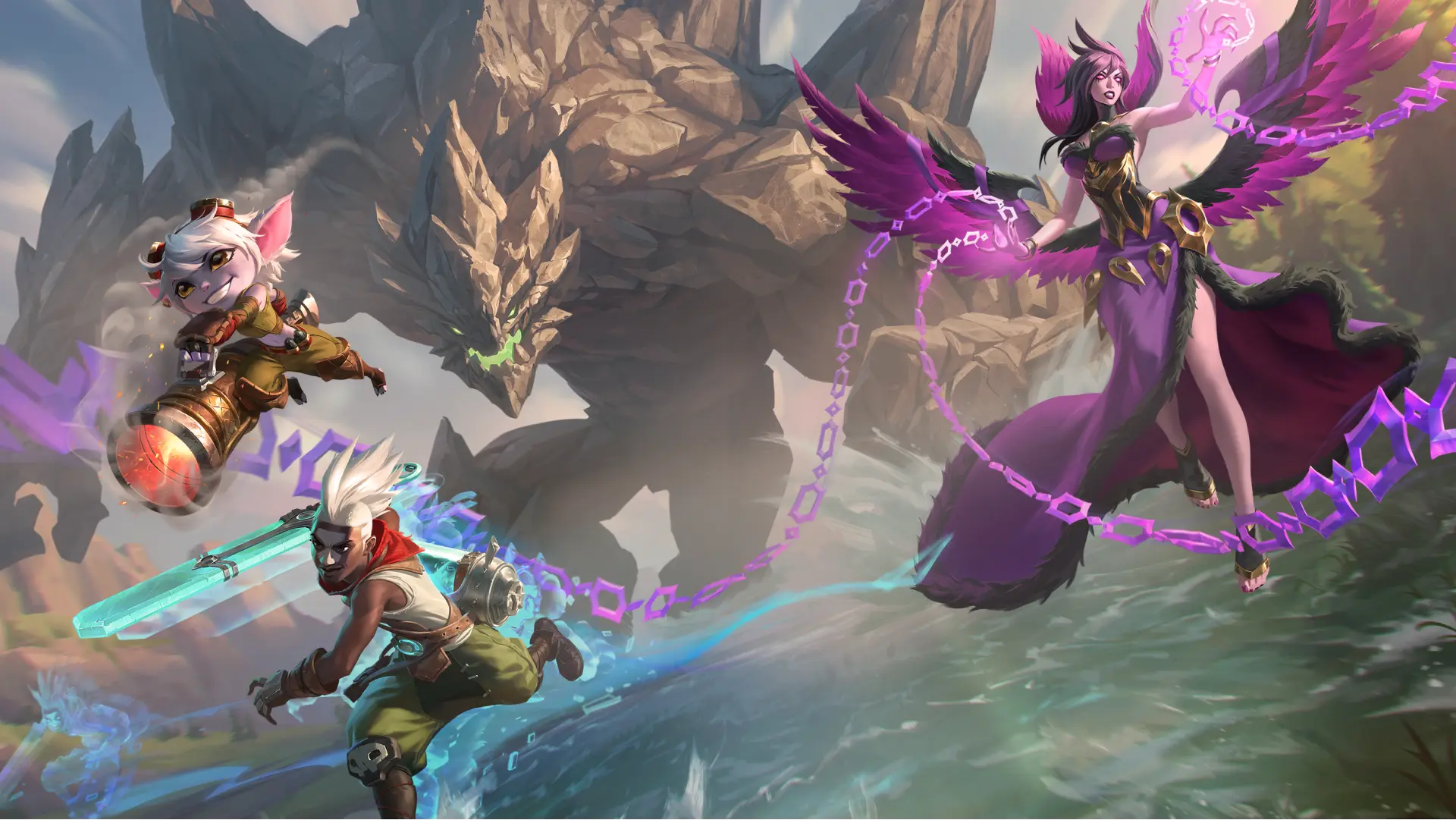
In the realm of gaming, significant transitions often signal deeper issues lurking under the surface. This couldn't be more evident than in the recent closure of Sony's Japan Studio, a move that sparked various reactions within the industry. In a revealing interview at Gamescom Asia, former PlayStation boss Shawn Layden discussed this closure, painting a comprehensive picture of the circumstances leading to this harsh decision.
Layden, who left Sony five years ago, shared critical insights on the restructuring that took place in 2021, which saw a mass exodus of talent from Japan Studio. The discussion provides valuable context as to why the closure occurred and what it means for the wider landscape of Japanese video game development.
Understanding the Legacy of Japan Studio
Shawn Layden remarked, "There's a lot of legacy, historically super talented teams that haven't tasted success for a while." This statement reflects the broader retrospective view on Japan Studio's gradual decline. Layden emphasized how the studio had been a vital part of PlayStation's history, contributing unforgettable franchises and innovative titles. However, its inability to produce a major hit in recent years led to stagnation and ultimately, disbandment.
Following the reorganization, remnants of Japan Studio were consolidated into Team Asobi, the creative force behind the critically acclaimed Astro Bot series. It's noteworthy that Layden, despite being away from the company, analyzed these changes with a perceptive lens.
Challenges Facing Legacy Studios
In Layden's view, the struggles faced by Japan Studio are not exclusive to them but symptomatic of a broader malaise across the Japanese gaming industry. He stated, "Writ large, there's a lot of legacy, historically talented teams that haven't tasted success for a while and are still struggling to get back to it." This insight reflects the challenges that many veteran developers encounter as they navigate an ever-evolving gaming landscape.
Moreover, Layden mentioned that the Japanese gaming market has unique hurdles to overcome, unlike its Western counterparts. While studios such as Capcom and Sega continue to adapt and thrive, many others seem trapped in a cycle of replication rather than innovation.
The Road to Reinvention
Addressing Japan Studio's fate, Layden posited that the route they took was perhaps not the only option. He drew an analogy to bonsai trees: "It's like pruning a bonsai; you get it back down to its nub and see if you can grow back out again." This approach symbolizes a necessary tough-love strategy aimed at invigorating teams that have lost sight of successful game development.
Indeed, the challenge persists: How can legacy studios reclaim their past glory? Layden pointed out that many developers struggle to adapt to new technological demands, particularly since the transition from the PlayStation 2 to PlayStation 3. The newfound complexity of game development for the PS3 created a considerable learning curve for many Japanese developers.
Historical Context of Japanese Gaming
Delving deeper into the historical context, Layden linked the decline of Japan Studio to significant changes in the gaming technology landscape. He noted how the PlayStation 1 era allowed developers to leverage their arcade experiences for home console success. However, this model began to falter with the advent of more complex gaming systems.
"In the PlayStation 1 era, Takara Tomi was making money back then. They basically took their experience in the arcade business and translated it to the home," he explained. This method may have sufficed in earlier generations, but the shift toward high-performance gaming required new skills that many legacy studios struggled to adopt.
Future of Japanese Game Development
Looking ahead, Layden expressed cautious optimism about the future of Japanese game development. He mentioned that while some companies, like Capcom, appear to be adapting effectively, others are still grappling with reinvention. He remarked, "Bandai Namco has got some refactoring to do. Koei Tecmo seems happy but could explore further growth ventures." This insight recognizes that while the industry faces challenges, opportunities for growth and innovation remain.
The Japan Studio closure, though sad, reveals critical insights into the inherent struggles legacy gaming studios face in an era defined by rapid change. As the remnants of Japan Studio, now Team Asobi, continue to push forward with new titles like Astro Bot, there exists a glimmer of hope for reviving creativity within Japan's game development landscape.
The Impact of Astro Bot
Astro Bot Rescue Mission serves as a beacon of hope amid this turmoil. Critically acclaimed and enjoyed by players globally, it highlights how new ideas can flourish even within storied legacies. The recent success of Astro Bot signifies not just a triumph for Team Asobi but also a possible roadmap for other legacy studios seeking to redefine their identities.
Conclusion: A Call for Innovation
Shawn Layden's insights serve as a clarion call for innovation within Japanese gaming. Legacy studios must embrace change, adapt to new technologies, and foster an environment conducive to creativity. The journey to reinvention may be long, but the future of Japanese game development is not yet written. As players, developers, and industry leaders, we hold the keys to unlocking the next chapter in this vibrant narrative.




.webp)

